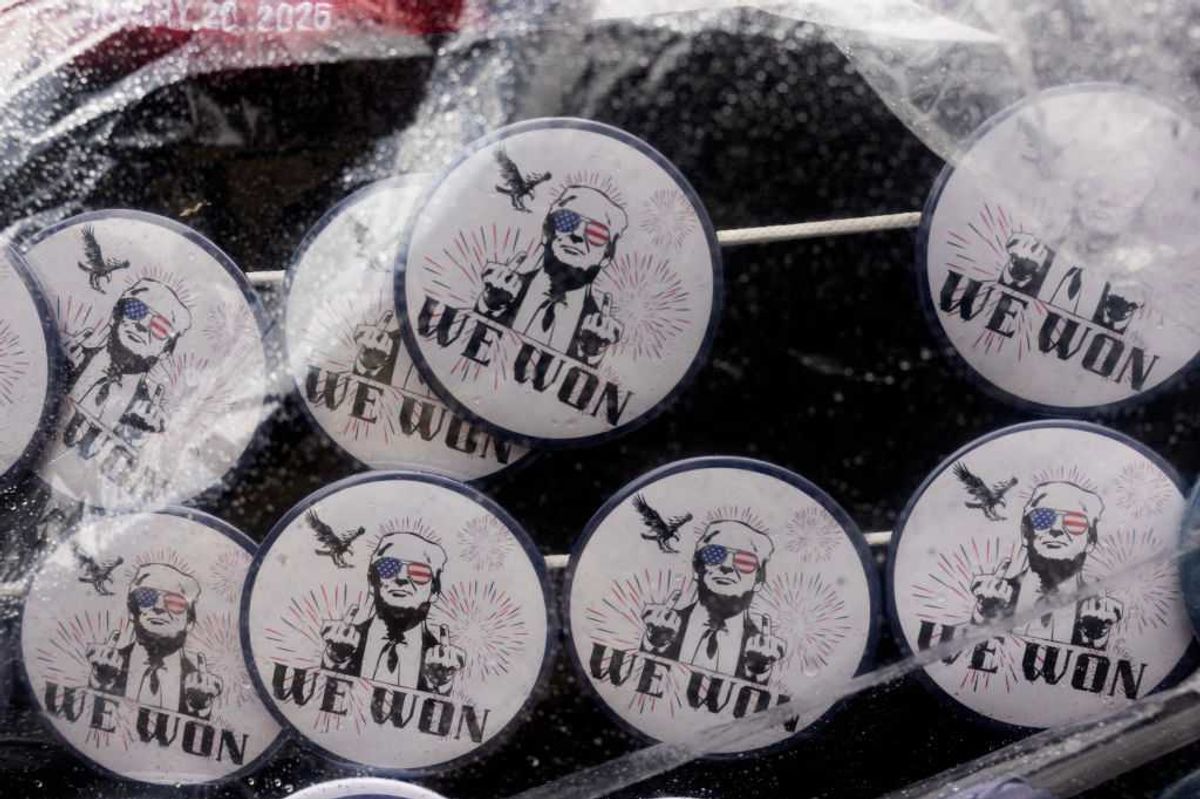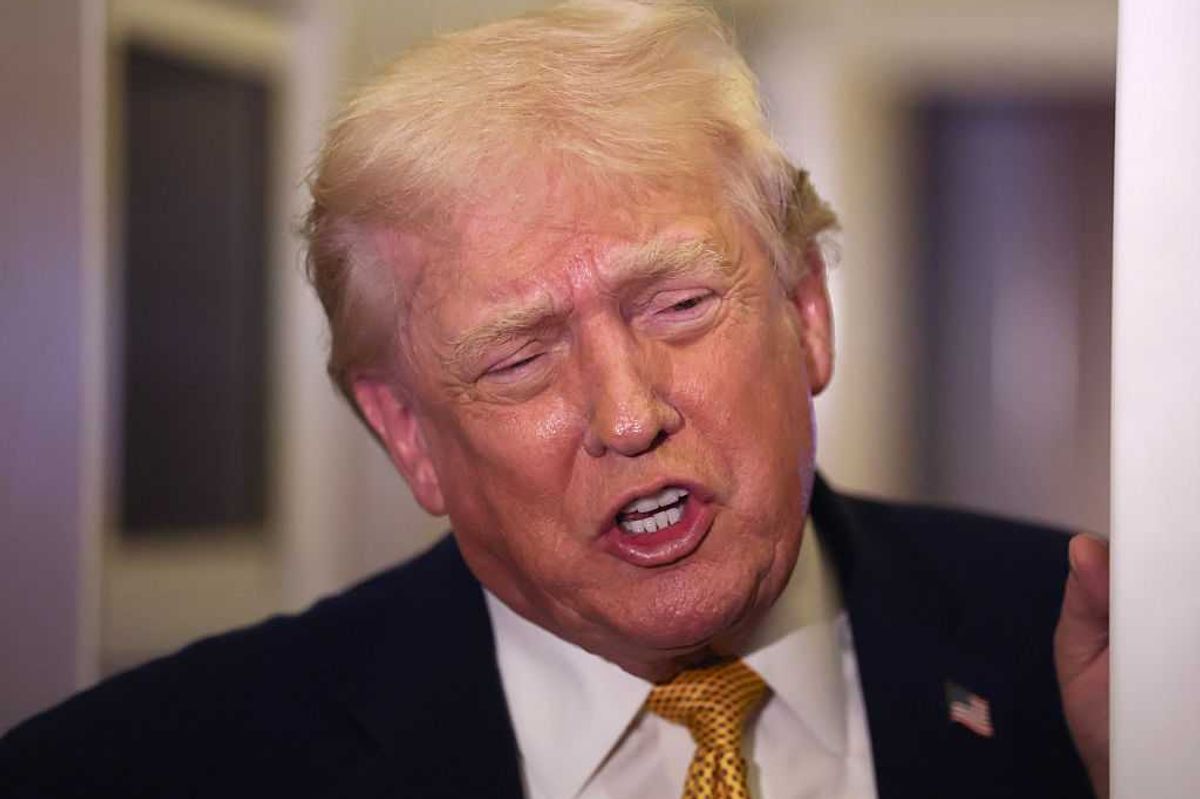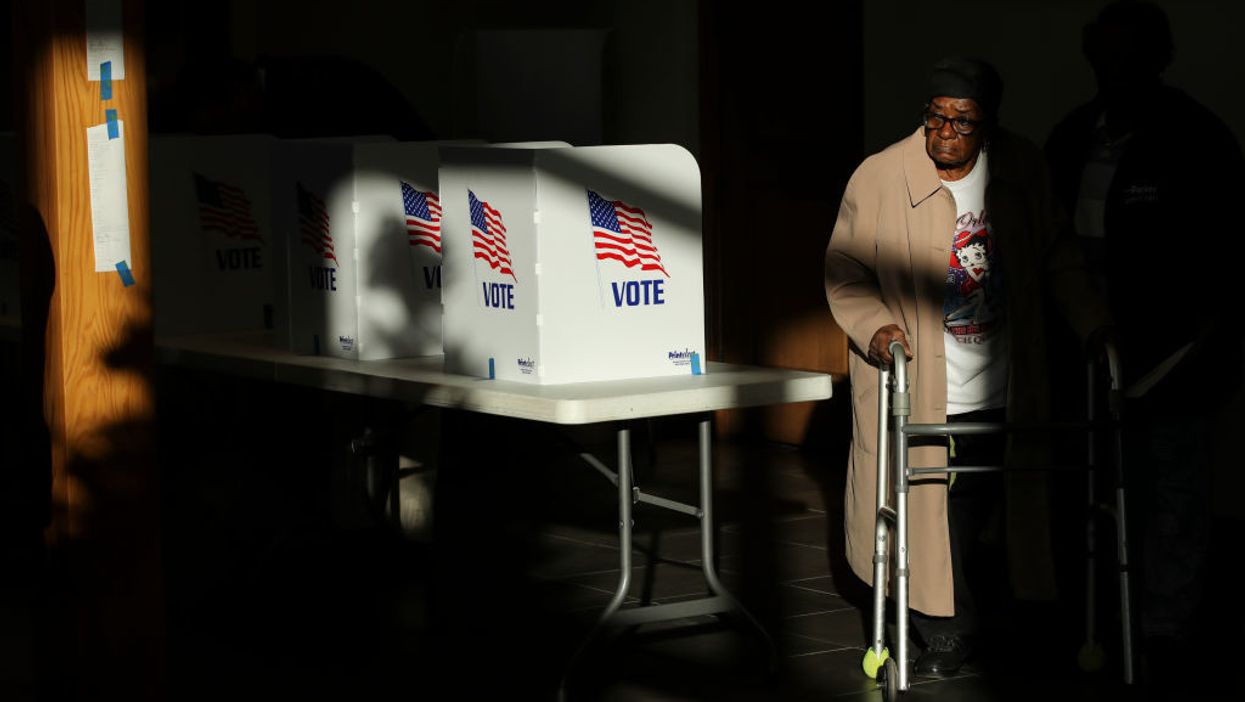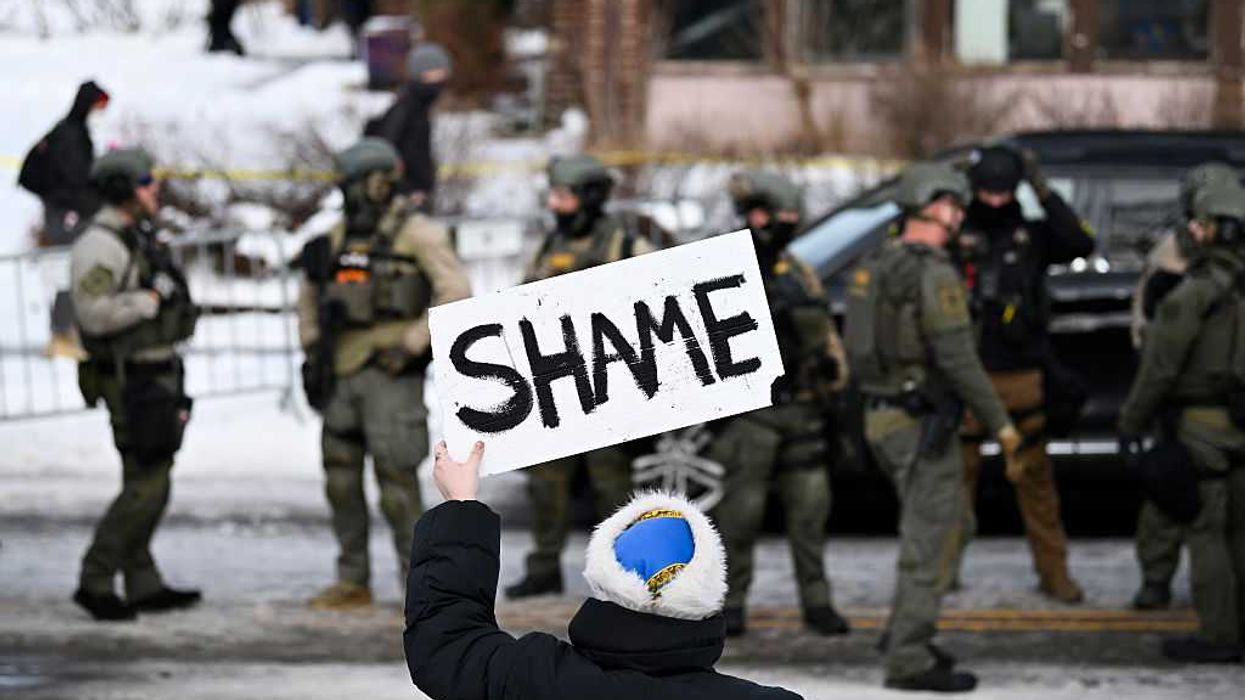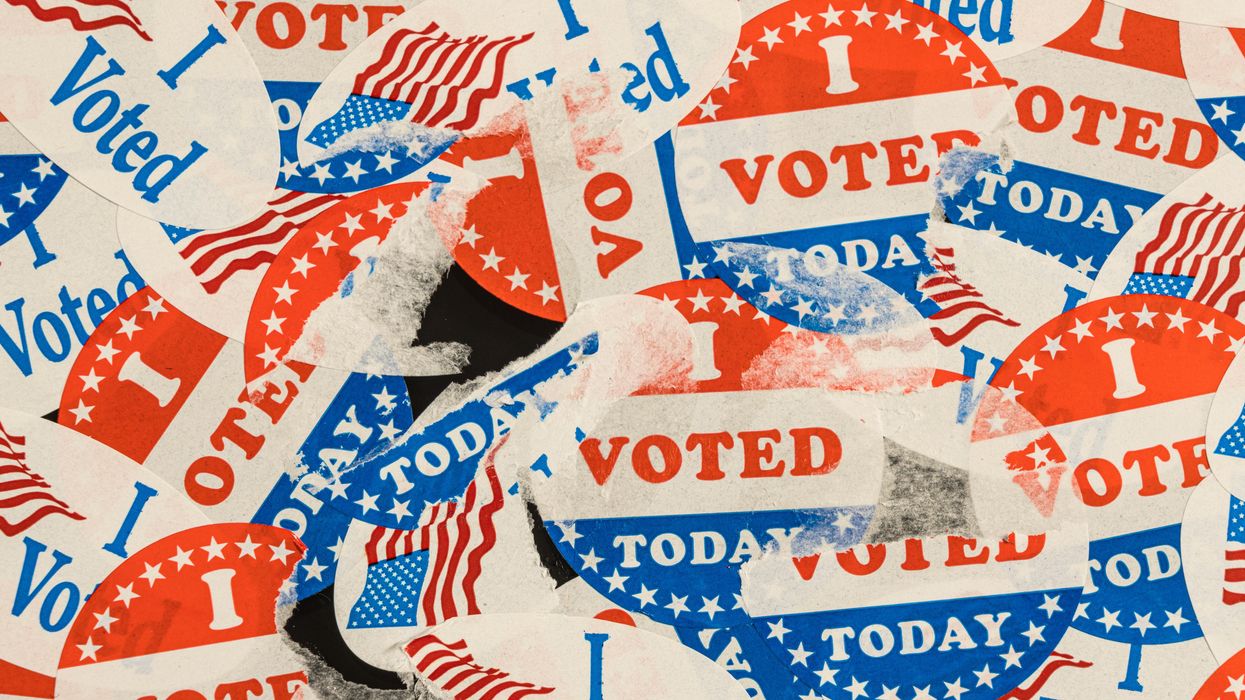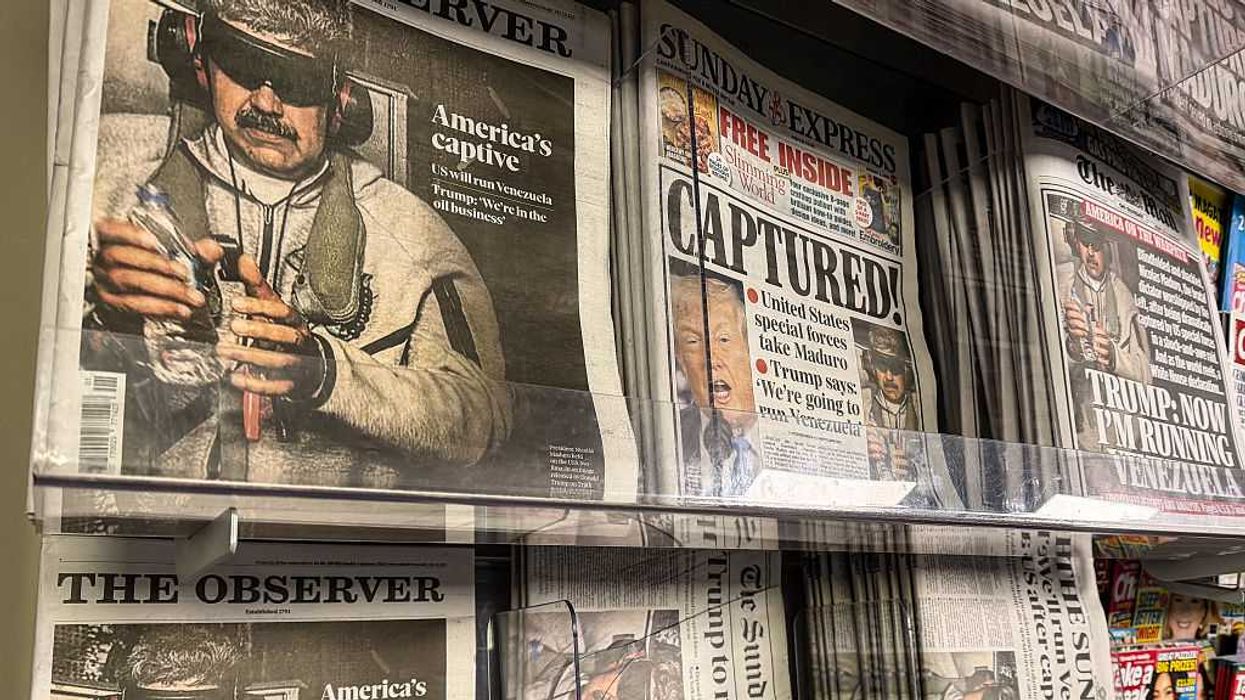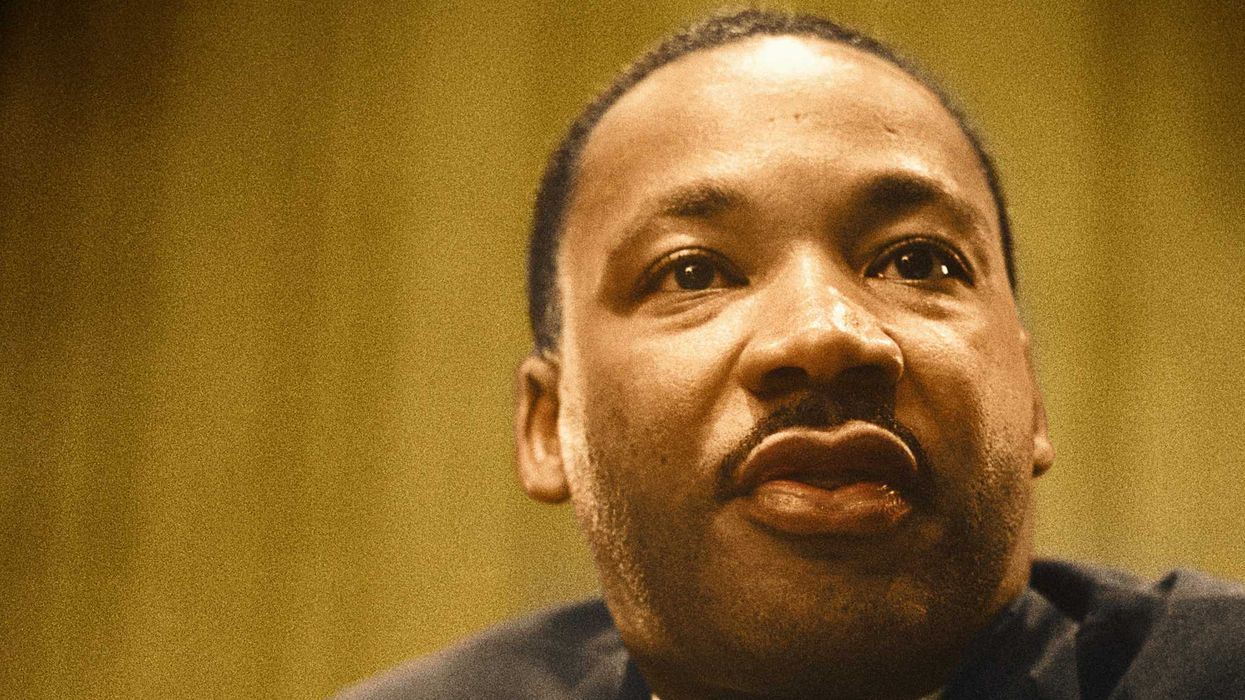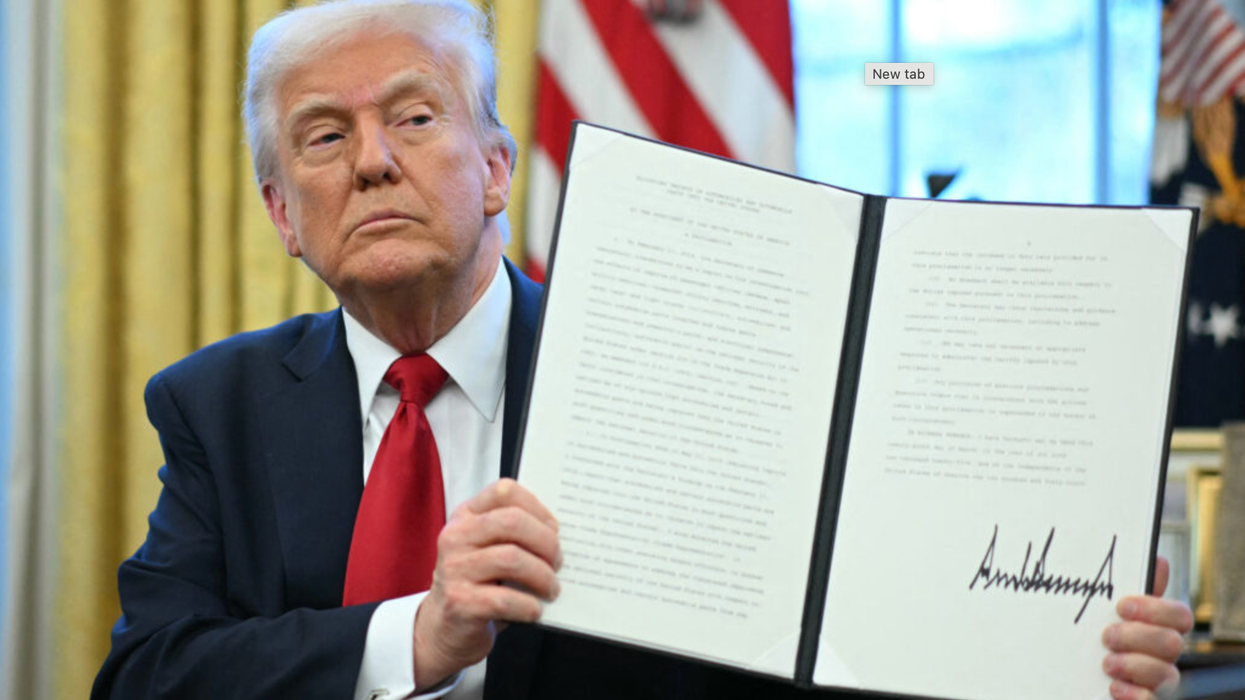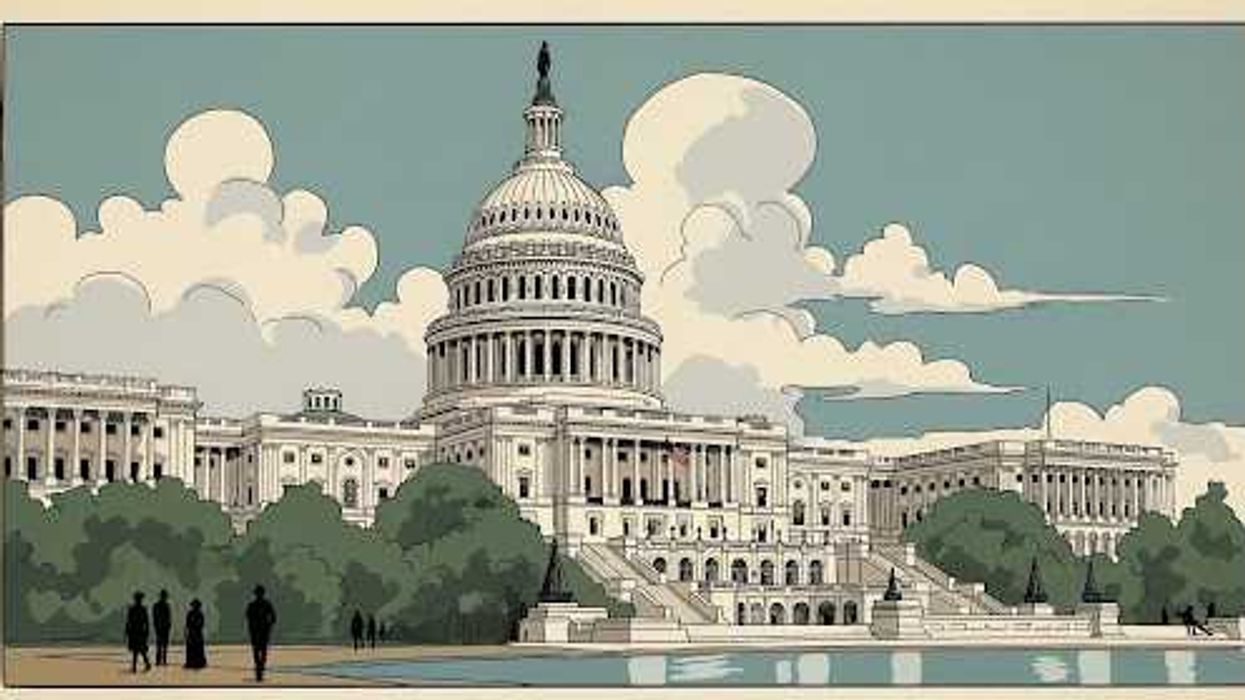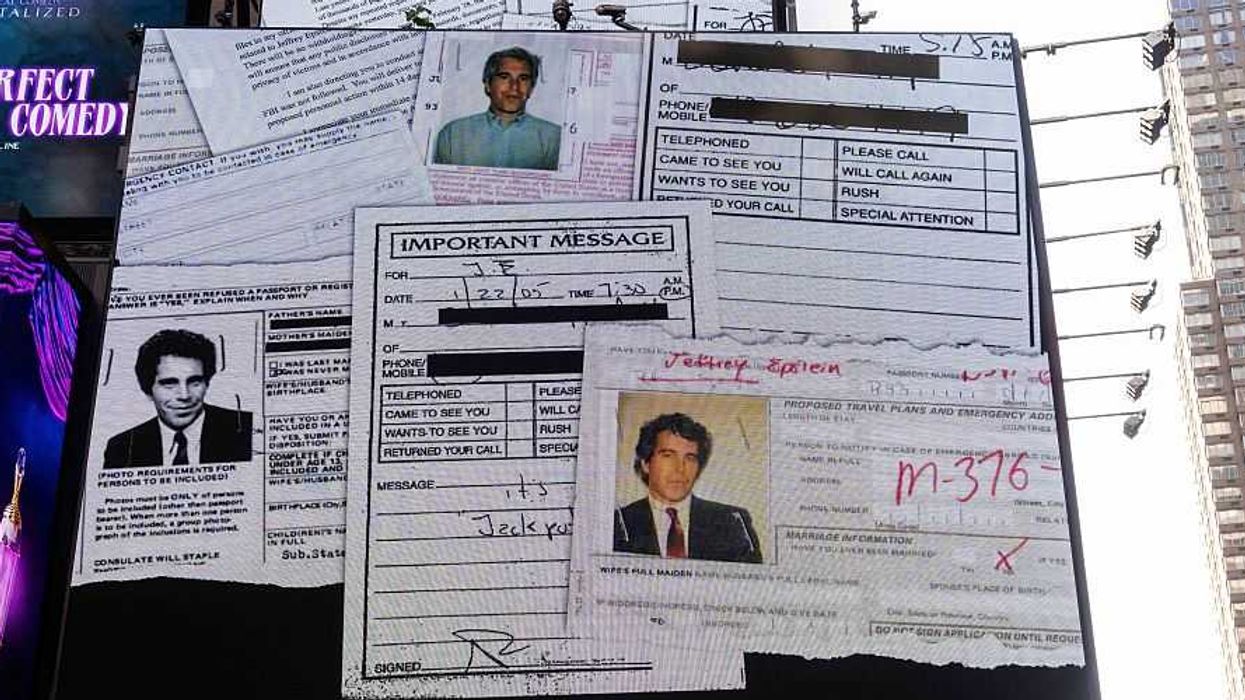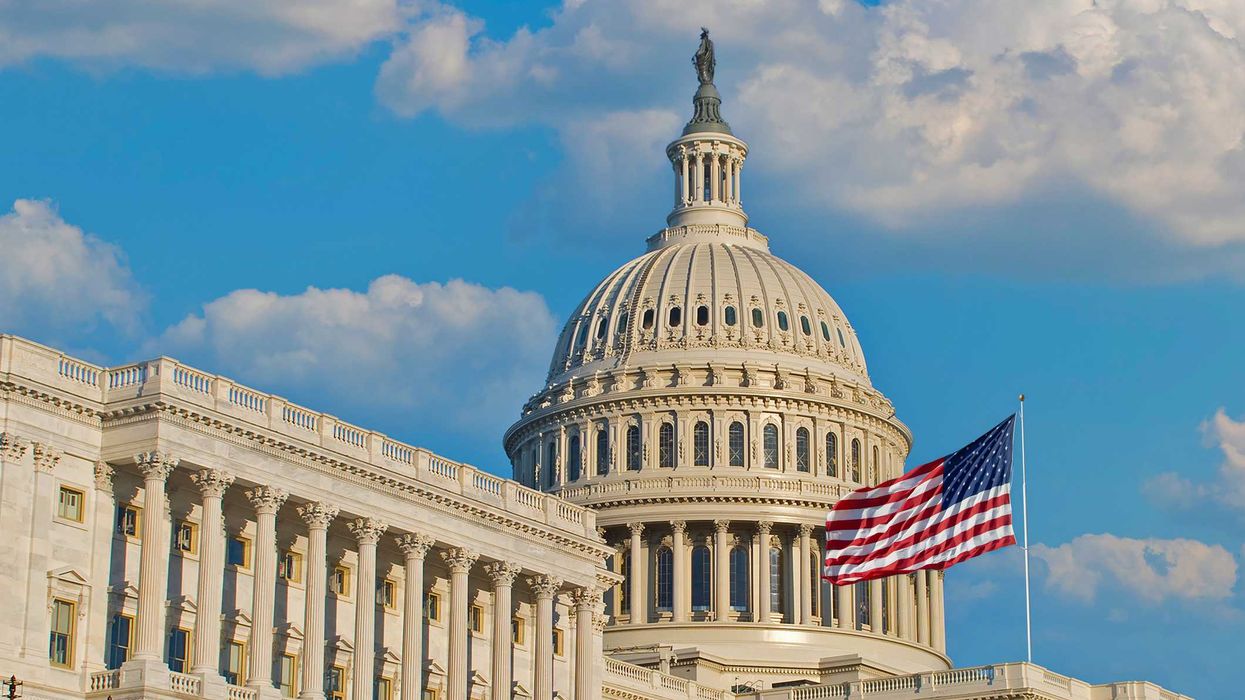A lawsuit filed Thursday in federal court challenges the requirements governing voting by absentee ballot in Mississippi — among the most restrictive of any state.
The suit takes issue with the rule that people have an excuse in order to vote by mail, that absentee ballots must be notarized, and that the state has no provision for notifying people if an absentee ballot has been rejected so voters can fix the problem.
Mississippi is one of just seven states that requires an excuse for people to receive an absentee ballot for the November election, according to the National Conference of State Legislatures. A majority of states already have "no excuse" absentee voting and several more are making an exception for the 2020 general election because of the coronavirus pandemic.
The Lawyer's Committee for Civil Rights Under Law and the Southern Poverty Law Center, among others, filed the lawsuit on behalf of the League of Women Voters Mississippi, the Mississippi State Conference of the NAACP and three voters. The defendants are Secretary of State Michael Watson and Attorney General Lynn Fitch.
The plaintiffs are asking that the requirements for absentee ballots be ruled unconstitutionally strict and that preliminary and permanent injunctions be granted to block them in advance of the November election.
"Mississippi has some of the most restrictive burdens on absentee voting in the nation that run afoul of the Constitution and have a particularly stark impact on Black voters," said Jennifer Nwachukwu, counsel at the Lawyers' Committee for Civil Rights Under Law.
Legislation signed this summer by Gov. Tate Reeves adds being under "physician-imposed quarantine" for Covid-19 or "caring for a dependent" with the disease as valid reasons for allowing people to cast an early in-person absentee ballot.
But the law does not make those excuses allowable for voting by mail.
The legislation passed this summer did make one change praised by voting rights activists. Previously, absentee ballots had to arrive at the election offices by Election Day in order to be valid.
Now, absentee ballots will be counted if they arrive within five days after the polls close and are postmarked by Election Day.



